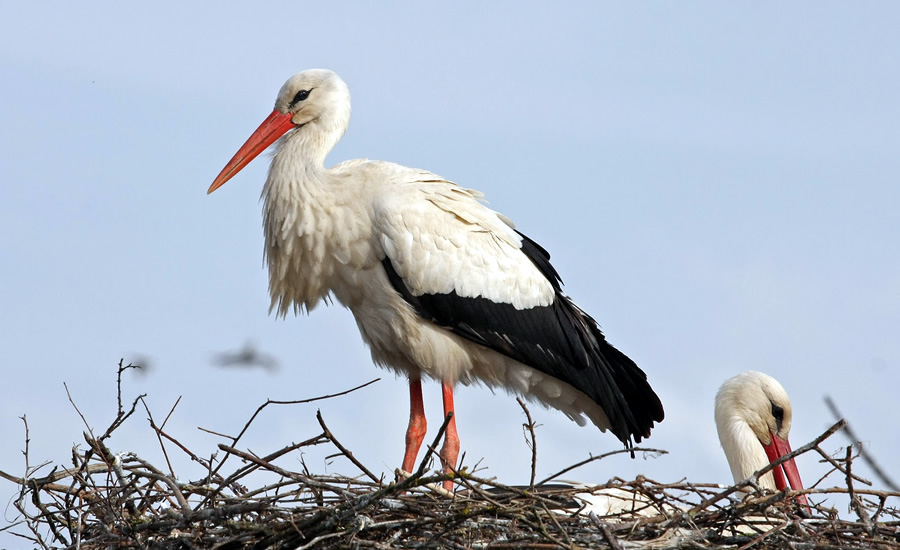
The white stork has stopped flying to Africa in the cold months. Rising temperatures guarantee sufficient food in Aragon throughout the winter.
In irrigated crops, riverbanks and wetlands, they find amphibians, insects and small rodents active even in the middle of January. The presence of landfills in the Ebro valley reinforces this availability.
The migratory pattern has changed in just a few decades. While the adults remain on the peninsula, some young birds still follow the route to Africa.
A new national census will review the status of the species this year. The last count, carried out in 2004, put the population at more than 30,000 breeding pairs.
Climate change is altering the calendars of many birds. Some are arriving earlier than usual, others are delaying their departure, forced to adapt to an increasingly unpredictable environment.
The white stork thus becomes one of the clearest images of how global warming rearranges the life of common species in the Iberian landscape.
Source: cartv.es; infobae.com
